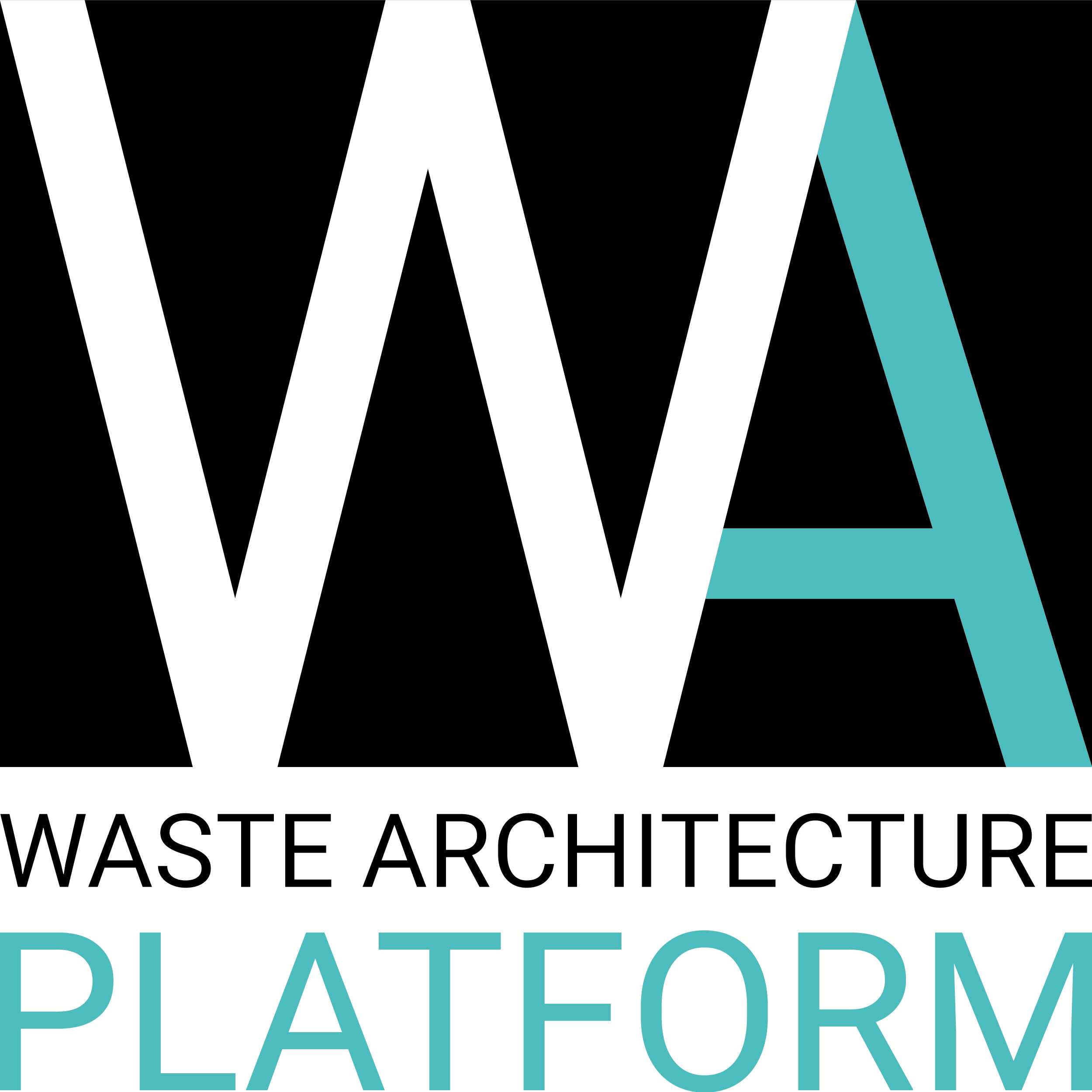CALL FOR CASE STUDIES / deadline: 30 March 2019
Waste Architecture Platform is seeking case studies to be used as a project theme in a practical workshop to be organised during Sardinia 2019.
This call is addressed to companies, public authorities, municipal authorities, consortia, etc. in charge of managing waste plants and facilities: landfills, incinerators, waste and water treatment plants, composting plants, waste separation areas or other municipal waste collection systems.
The case studies selected by the Scientific Committee will be evaluated and assessed by a multidisciplinary team of experts during the planning and design workshop. In particular, the experts will elaborate a concept for the valorisation and/or requalification of the plant proposed, to be returned to the proposing body at the end of the workshop.
During the workshop the proposer will be invited to present the case study to participants, illustrating the specific details of the plant, any issues that need solving, and basic requirements or preferences to allow the planning and design team to draw up the best solution in terms of site requalification or functional reuse.
Workshop topics
Case studies selected should focus on one or more of the following topics:
→ Waste architecture and landscaping: this section relates mainly to landfills during the operational or post-management period;
→ Waste Architecture and industrial buildings: incinerators, composting plants and all types of waste treatment plants;
→ Waste Architecture and urban areas: this section encompasses all municipal waste treatment and collection systems.
How to submit to the Call:
To take part in this call, interested parties should send a 1-2 page abstract to the Organising Secretariat using the attached form on which the following are described:
→ Overall description of the plant. Key technical specifications and singularities, description of the area
→ Potential issues
→ Specific requirements of the proposing company or authority
→ Preferences and expected outcome
→ Attachments: photos, blueprints and any other material to assist comprehension of the case.
The proposers should send their abstract by e-mail to info@sardiniasymposium.it before the March 30th deadline.
The Scientific Committee of WA Platform will select the proposals to be used as actual case studies during the design workshop. The proposing authorities selected will be given the opportunity to present their case study during Sardinia 2019 and will receive a complimentary concept allowing them to evaluate potential design scenarios for the valorisation and requalification of their facility.
Why are we publishing this Call?
Following on from the interesting experiences of 2015 and 2017, also the next edition of the Sardinia Symposium will devote a slot to Waste Architecture and Architecture of Environmental Engineering facilities, proposing for this third edition of the platform a multidisciplinary planning and design workshop with the participation of experts from various fields. WA Platform is proud to promote the diffusion and in-depth analysis of a series of topics relating to the architectural aspects of facilities required in waste management and disposal, ranging from full scale to urban scale elements and comprising environmental experts as well as architects, landscape architects, urban planners, etc…
The workshop will be organised on a practical level and will provide participants with the opportunity to apply theoretical concepts of territorial planning to a series of facilities that are frequently considered marginal or “second choice”, but which indeed represent a remarkable opportunity for the territory, and to share views and strategies with environmental experts, architects, landscape architects, and urban planners.
As an example, old landfills may provide the opportunity to intervene on degraded areas, thus enabling areas of functional interest to be restored to the public;
Incinerators/waste-to-energy plants, composting or waste recycling plants may all be analysed and studied with the aim of improving the perception of part of the local community who hold a negative view of these facilities.

